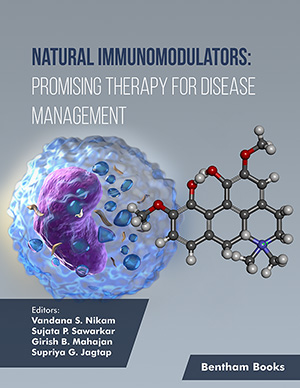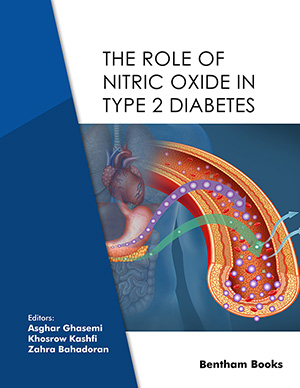
Abstract
One major issue regarding the clinical use of many peptides is their short half-life span in the body, due to the rapid clearance from the circulation. Thus, at the clinical level, there is a need for a regime of frequent injections of the peptides into the patients to overcome this low stability factor. The major strategies for overcoming this problem by pharmaceutical companies are based on chemical techniques and using specific peptidase inhibitors or cocktails. For this purpose, the cassette gene contains the sequence of the carboxyl-terminal peptide (CTP) of human chorionic gonadotropin β subunit which was ligated to the coding sequence of follitropin (FSH), erythropoietin (EPO), growth hormone (GH) and thus to increase the longevity and bioactivity of these proteins in vivo. Interestingly, FSH-CTP and GH-CTP were found to be not immunogenic in humans. FSH-CTP was approved by The European Commission. In addition, GH-CTP is not toxic and it passed successfully clinical trials Phase II in adults. Thus, using this technology seems to be promising in designing long acting peptides. Development of long acting peptides will diminish the cost of these drugs and perhaps reduce the number of injections in the clinical protocols. The article also summarizes some relevant patents.
Keywords: Chorionic gonadotropin, CTP, follitropin, growth hormone, erythropoietin, O-linked oligosaccharides, long-acting
 17
17






















